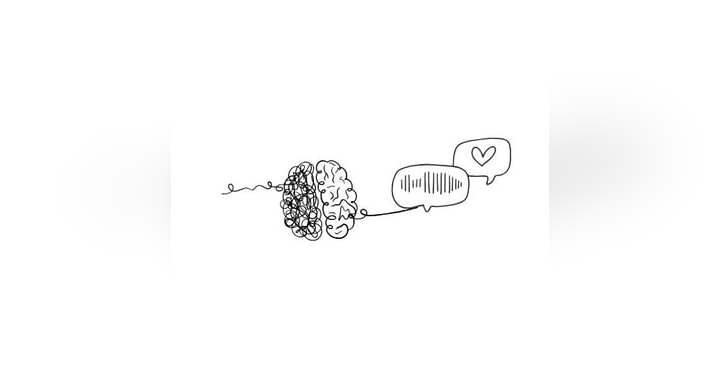Setting Personal Boundaries
Mastering the Art of Setting Personal Boundaries
Establishing personal boundaries is crucial not only for your health but also for the well-being of all your relationships. Personal boundaries act like an invisible fence safeguarding your physical, mental, and emotional spaces — granting permission for who can enter and how they can interact with you.
The Thin Line of Unhealthy Boundaries
Unhealthy boundaries are either too forbidding or too porous. A lack of firm boundaries can lead to relationships that are unpredictable and draining. If you constantly prioritize others over yourself, or if demands on your time and energy become intrusive attacks on your individuality, then it's time to reassess your boundaries.
The Practice of Boundary-Setting in Relationships
Boundary-setting is an act of self-care. It involves defining your limits and communicating your needs transparently. It means being brave enough to say "no," despite the potential disappointment it might cause, and protecting the relationship and your own emotional health.
For instance, if a friend asks to borrow money without the means to repay, setting a boundary means gracefully declining. Or when a colleague habitually expects favors without reciprocation, a boundary might be directing them to seek help elsewhere next time.
Establishing Boundaries with Family
Boundaries with family are as essential as they are delicate. They might be practical, such as refraining from loaning money to a sibling, or emotional, like setting aside personal time that's not devoted to family chores or requests for assistance. Establishing these limits can be challenging, but they lead to self-respect and healthier family dynamics.
Boundaries with Yourself
Setting boundaries with oneself is about self-honor and recognizing your limits. It means assessing whether your commitments align with your values and energy levels, and not being afraid to decline requests that don't. It's about asking others explicitly for what you need, instead of passively hoping they'll guess.
Learning how to set boundaries with yourself is crucial because often we don't notice our own lines have been crossed until after it happens. Valuing oneself prevents resentment and promotes a more harmonious life balance.
The Advantages of Asserting Boundaries
Clear boundaries enhance relationships, contribute to mental health, and fuel personal growth. They help you establish who you are in the world and protect your right to decide what you will and won't accept in your life.
Effective Tips for Setting Boundaries
Here are some quick tips for setting boundaries:
- Be assertive: Communicate your needs and desires confidently and respectfully.
- Be consistent. Consistency helps establish what others can expect from you.
- Be respectful: Boundaries are not for punishing others but for protecting yourself.
Breaking Free from Unhealthy Boundaries
Overstepping unhealthy boundaries is a process that requires reflectiveness and self-care. If you find yourself breaching these boundaries, consider what led to the incident and how to prevent it in the future. Healthy boundaries are a reflection of self-respect and consideration for yourself and others.
Final Thoughts on Boundary-Setting
Boundaries don't equate to being unkind or controlling; they symbolize self-care. They dictate how we respond—not react—to others' actions towards us. We use boundaries to affirm what we want and expect from those around us, giving us control and stability within all our interpersonal connections.
About the Author
Randi Owsley, LMSW, a licensed psychotherapist specializing in women's mental health, emphasizes the importance of setting boundaries for overall wellbeing. Her clinical expertise aids in navigating the complexities of interpersonal dynamics, empowering individuals to foster healthy, fulfilling relationships.
Remember, boundaries are essential not for isolation but for ensuring everyone interacts in a mutually respectful and enriching manner.












